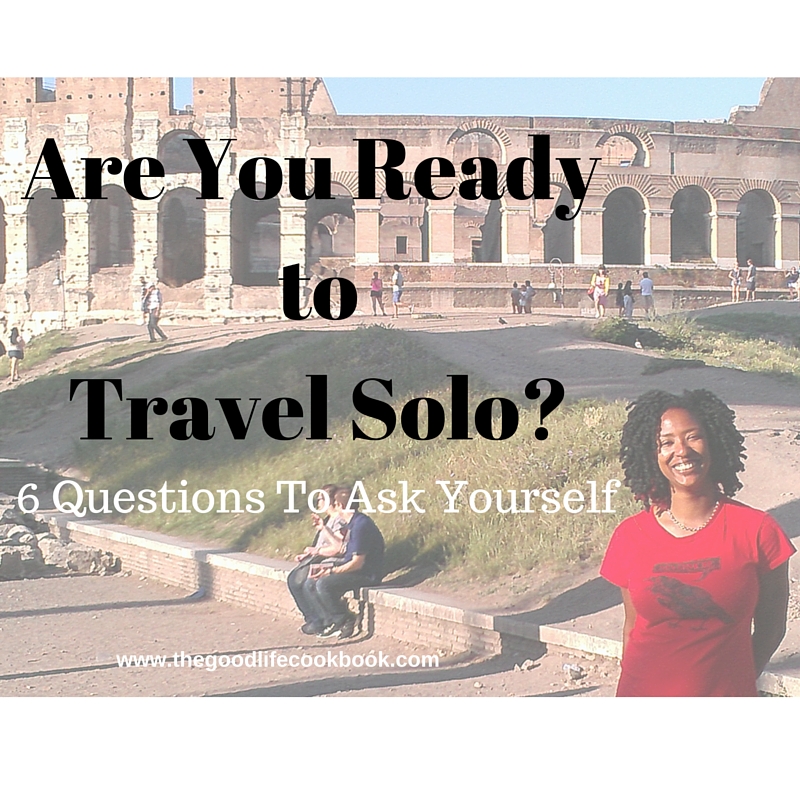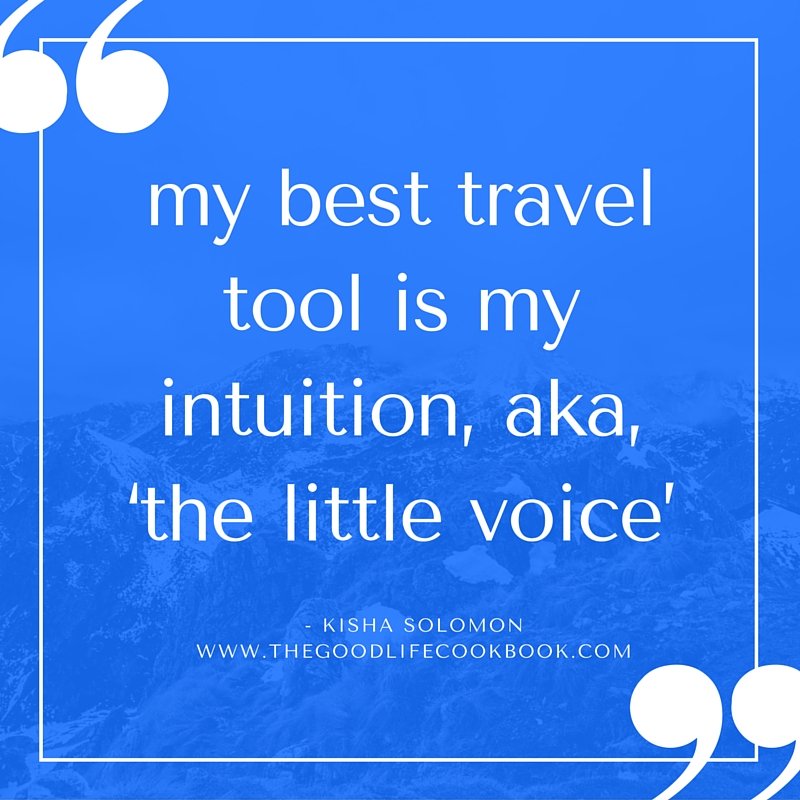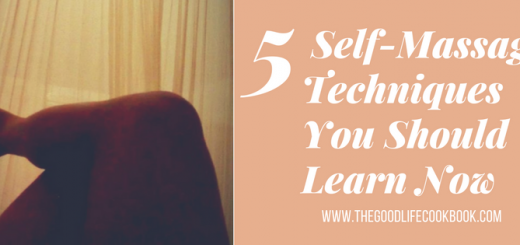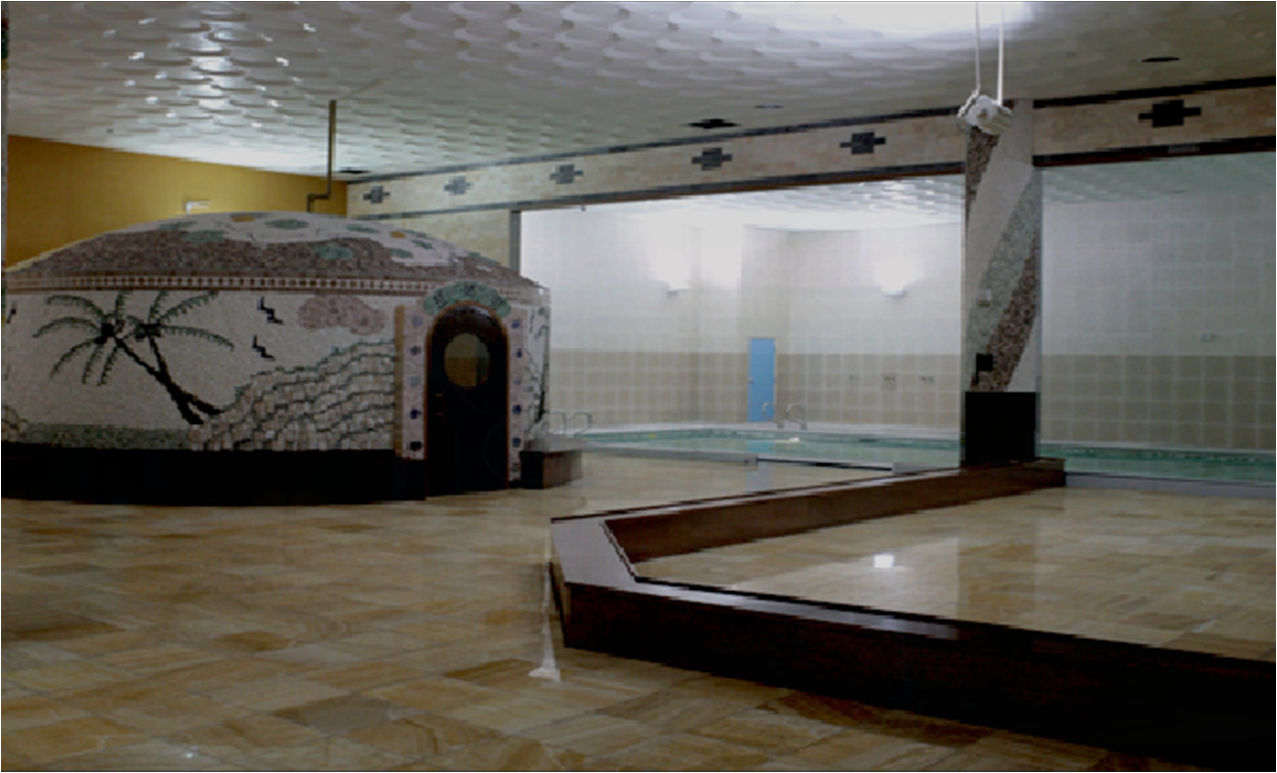Scope of Detection in Drug Testing
The scope of detection in drug testing refers to the length of time that drugs can be detected in a person’s system after use. Different drugs have varying detection windows, with some being detectable only for hours while others can be identified weeks or even months later. The scope of detection is influenced by factors such as metabolism rate, frequency and amount of drug use, and individual characteristics Click here https://www.ndtv.com/.
Factors Affecting Detection Times
Several factors play a role in determining the scope of detection for different drugs. These factors include:
Metabolism Rate: The speed at which an individual’s body breaks down and eliminates substances can impact how long drugs remain detectable. People with faster metabolisms may eliminate drugs more quickly than those with slower metabolisms.
Frequency and Amount of Drug Use: Regular and heavy drug users may have longer detection windows compared to occasional or light users. Drugs tend to accumulate in the body over time, leading to a longer period during which they can be detected.
Individual Characteristics: Each person’s body processes substances differently, so detection times can vary from one individual to another. Factors such as age, weight, overall health, and genetics can influence how long drugs stay detectable.
Variability in Detection Windows
The detection window for specific drugs varies widely depending on the substance itself. Here are some examples:
Alcohol: Alcohol concentration in breath or blood can typically be detected within hours after consumption but dissipates relatively quickly.
Cannabis: THC (the psychoactive component) from cannabis use is detectable for several days up to a few weeks, depending on frequency and amount used.
Opioids: Different opioids have different detection windows ranging from a few hours (e.g., heroin) to several days (e.g., methadone).
Amphetamines: These stimulant drugs are usually detectable for a few days after use.
Cocaine: Cocaine can be detected in urine for up to three days after use, but chronic users may have longer detection windows.
Benzodiazepines: These medications used for anxiety or sleep disorders can be detected for several days.
It is important to note that drug tests are not foolproof and can sometimes yield false positives or false negatives. False positives occur when a test incorrectly identifies the presence of a drug, while false negatives happen when a test fails to detect the actual drug. Factors such as the cutoff levels used in testing and the potential misuse of prescription medications can contribute to these issues.
Drug testing is commonly conducted in various settings, including clinical environments, workplaces, and athletic competitions. The purpose of these tests is often to ensure safety, prevent substance abuse, or comply with regulations. However, it’s crucial to consider individual rights and privacy concerns when implementing drug testing programs.
People’s opinions about travelling solo usually fall into one of two camps.
It’s either one of the boldest, most exciting ideas they’ve ever heard:
It’s so empowering!
It takes guts!
Why wait on someone else, when you can just go?
Or, it’s something that they’d never consider doing:
It’s dangerous!
I’d be bored!
What if the kidnappers come, and Liam Neeson doesn’t come save me?
I’ve been travelling solo for years now. Not necessarily because I love it or even prefer it, but mainly because my desire to travel exceeds my ability to wait for someone else to be able and ready to join me. I also know that my travel style isn’t exactly everyone’s cup of tea – so to avoid conflict, I often opt for the solo adventure.
Does that make me a solo travel expert? Hardly. But I often see many women asking of other solo women travelers how we got the nerve/confidence/lady cojones to travel all by ourselves, so I thought I’d wrangle up some questions worth asking yourself if you think you might be ready for solo travel.
How Easily Do You Make New Friends?
Can you find something you have in common with almost anyone? Are you the one at a party who flits among various groups and dips in and out of multiple conversations with ease? Those extrovert social skills will definitely come in handy when you’re travelling on your own.
If you’re more of the introverted, wallflower type, you might still consider travelling alone… in a group. Group tours, cooking classes and local meetup groups can make it easier for shyer types to not feel so lonely when travelling alone. Cruises are also a great option for some solo travelers who like being on their own, but still want to be surrounded by somewhat familiar people.
How Do You React to Unfamiliar or Ambiguous Situations?
Are you ok with having to find your way in a new place? Getting lost? Not knowing what other people around you are saying? Having to use rudimentary sign language to get your point across? International solo travel is right up your alley! If you’re ok with everything not being exactly the way it is back home (this could include anything from acceptable clothing to toilet facilities), then you’ll be just fine on your own in foreign locales.
If the very thought of the situations described above is enough to make you break out in hives, then maybe you should start out by travelling solo somewhere closer to home – somewhere with more familiar food, language, sights and sounds. Stay in a hotel chain that you’ve stayed in before; book a room at a bed-and-breakfast in a neighboring state; visit a well-documented, much-visited historical site and enjoy your trip without feeling like a fish out of water. If you’re still determined to go abroad, try a country where language or unfamiliar customs won’t be a barrier.
How Strong / Accurate Is Your ‘Little Voice’?
I’ve said it many times – my best travel tool is my intuition, aka, ‘the little voice’. The little voice tends to grow stronger and more accurate with experience, so if you’ve already travelled extensively with others or have lived in a major city where you may regularly encounter potentially shady characters or situations, your little voice is likely well-tuned.
On the other hand, if people who know you well refer to you as ‘too trusting’, or ‘naïve’ (and you know they’re telling the truth), or conversely, if you think EVERYone is a potential murderer/terrorist/rapist, then maybe you should enhance your intuition a bit before striking out on your own.
How Curious Are You?
My biggest motivation for non-work-related travel is curiosity. What’s happening elsewhere? What do people eat there? How do they spend their free time? Are the mens cute? If you’re the curious and exploring type who can only be satisfied by seeing and experiencing something for yourself, that curiosity will not only be a catalyst for you to book your solo trip, it will also make what happens on your trip more memorable and satisfying, while if you are traveling by car and you choose an electric car to travel having chargers installed by a ev charging company can be the best choice for you.
How Much Do You Enjoy Your Own Company?
Let’s face it, there’s likely to be times when even the most gregarious girl won’t be able to make a single-serving friend while travelling. If you’re like me and grew up as an only child, or have otherwise mastered the art of entertaining yourself for days on end, you’ll probably already be back home from your solo trip before you start to feel lonely.
If being away from friends and on your own for long periods of time seems like it would be unbearably lonely or boring, consider keeping yourself occupied by journaling, reading, or catching up on movies or tv shows (hey, you paid for that nice hotel room, might as well use it). Use social media to keep your family and friends abreast of your ecap your daily solo travel experiences with loved ones back home with the free wi-fi calling features on Skype, Facebook, Whatsapp, etc.
How Much of a Girl / Boy Scout Are You?
Preparedness is key when travelling solo. If you know how to use a map, can hunt down a super-strong and totally-free Wi-Fi signal like a trained animal, or always have the latest travel apps and tools downloaded to your cell phone, you’re ready to earn your solo travel badge, scout. Likewise, if you know how to keep your cool in case of a travel emergency.
As you can see, solo travel isn’t made for just one type of person. Even if you’re not the fiercely independent, throw-caution-to-the-wind sort that many assume you need to be in order to pursue solo travel, you can still enjoy travelling on your own. You just need to find the type of solo travel that best suits you, then get out there to see the world!
Are you an experienced solo traveler? What other skills or traits do you think someone should have before going on a solo trip?











